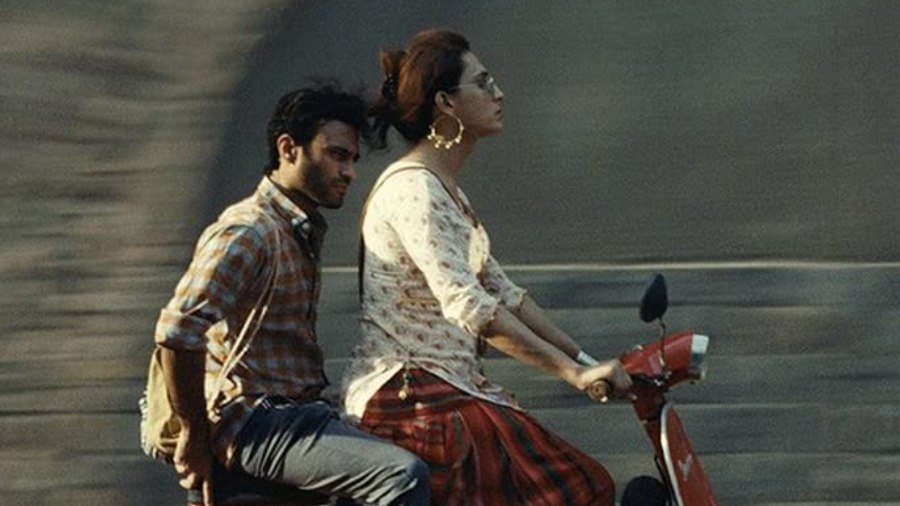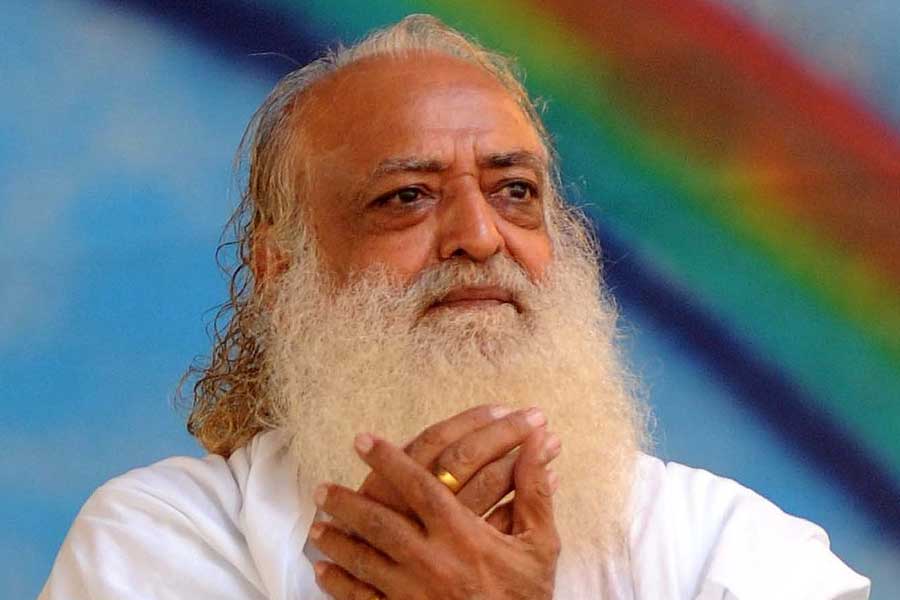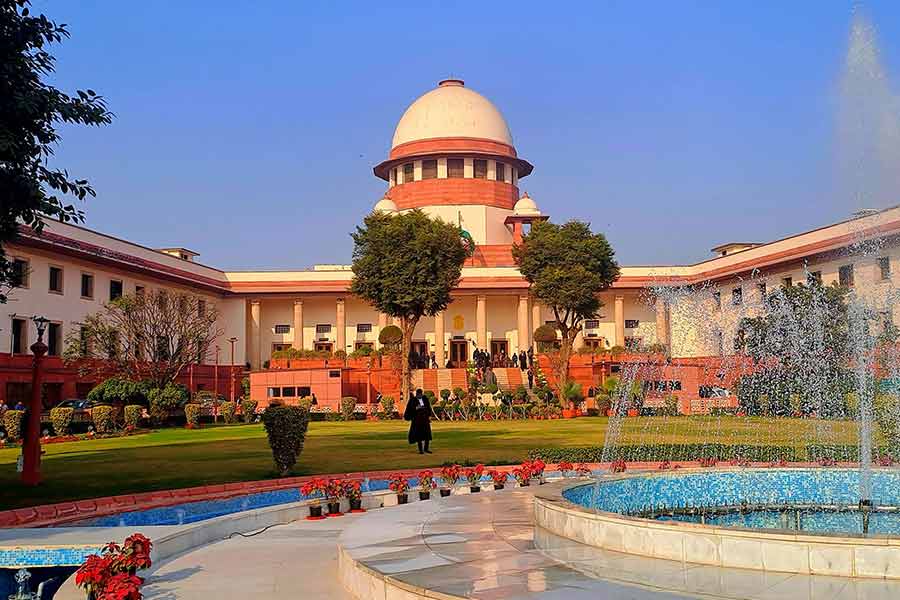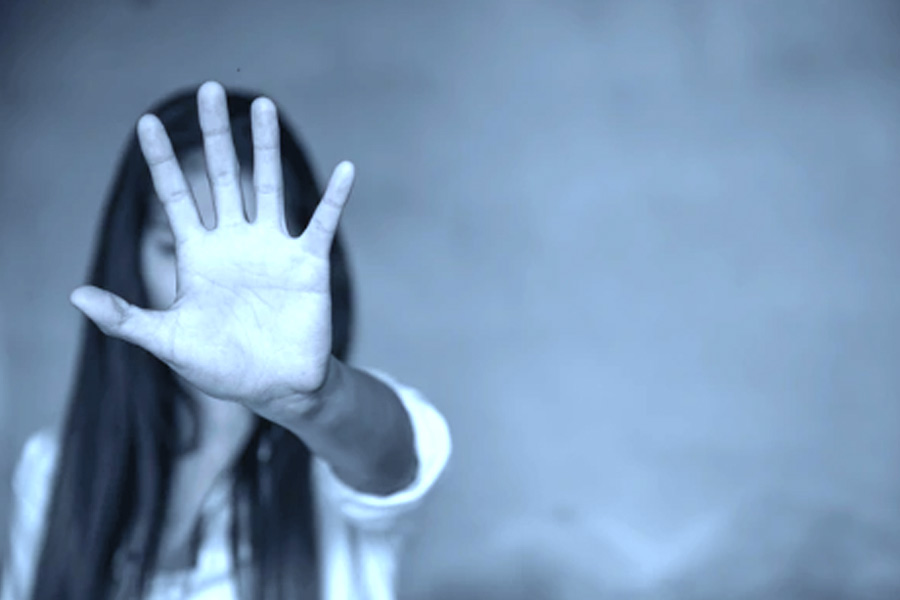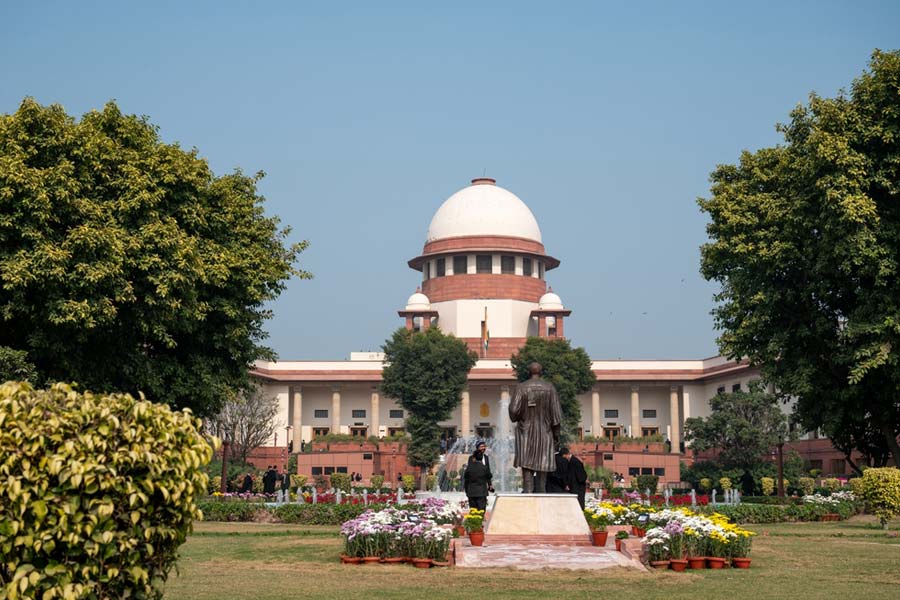2022 was almost a great year for the Pakistani film fraternity. Joyland, the first Pakistani film ever to be screened at Cannes Film Festival, won the Jury Prize and the Queer Palm at the film festival. It then went on to screen at prestigious festivals across the globe including Toronto and Busan, where it received high praise. And then, the unexpected happened — Joyland was selected as Pakistan’s official entry to the Oscars. An extremely progressive move that was instantly celebrated across the subcontinent. Finally, the film was given the go-ahead to release on November 18, 2022.
All that came crashing on November 11. Pakistan’s Ministry of Information and Broadcasting reversed its decision to grant a censor certificate to the film (Joyland had been given a censor certificate on August 17). Written complaints were filed ahead of its November 18 release, stating that the film has “highly objectionable” material.
One doesn’t need to dig deep to understand why: Joyland, at the very surface of it, is a love story between a married man and a transgender woman. At its core, the film explores much deeper subjects — patriarchal family structures, heteronormativity, infidelity, gender roles and, above all, finding one’s identity. In a subcontinent divided by religion, we’re united in our obsession to uphold our traditional cultures and values. Joyland dares to dream and reach beyond all that.
Following a global outcry, the Pakistani government ordered a review of the ban on Joyland. Salman Sufi, an adviser to Pakistan’s Prime Minister Shahbaz Sharif, tweeted late on November 16 that the ban had been reversed. “Freedom of speech is fundamental right & should be nourished within the ambits of the law,” Sufi wrote.
So, Joyland will release across Pakistan on November 18 with minor cuts. Perhaps, a small price for a bigger win. It is also still eligible for the Oscars, thanks to its France release. The film is getting a pre-release next week in France through Condor Distribution in arthouse cinemas. It will play for a week from November 22, which will be followed by a nationwide release in France on December 28.
The love story of a married man and a transgender woman
Joyland is a well-made film. The visuals are stunning, if not jaw-dropping. The world building is authentic and the ensemble of characters will make you empathise with them. In the larger context of queer cinema, Joyland’s story may not stand out for its uniqueness. However, given the geographical context of the film, Joyland is absolutely fresh and welcome.
Haider, the younger son of the closely-knit Rana family, has found a job as a background dancer for Biba, a transgender woman who performs during intervals at a local erotic theatre. Haider hides this from his family, a conservative bunch of lower-middle class people who’d never approve of his choice of profession. Professional dependency and trust evolve into romantic interest and before Haider realises it, he and Biba start an affair. Haider has a wife at home: Mumtaz, who is forced to give up her job now that the husband is earning and focus on giving the family a son — something that the patriarchal family deeply desires.
Though the script isn’t perfect, the story is heartbreaking. Tones blend — you go from laughing to wiping off tears in minutes, and the actors are phenomenal. Ali Junejo as Haider delivers a layered performance, while Alina Khan as Biba is enigmatic throughout. If she’s on screen, you cannot take your eyes off her. The ensemble that consists of Sarwat Gilani, Sania Saeed, Salmaan Peerzada and Sohail Sameer is strong. However, the strongest of them all remains Rasti Farooq, who plays Mumtaz, a woman who dreamt high for herself but ultimately got trapped in an age-old system.
It may look like Joyland criticises traditional values and structures. It doesn’t. It merely pushes the viewers to introspect. There are no antagonists. They’re all real people with different and opposing belief systems trying to co-exist. Saim Sadiq, the director, handles it with maturity and a certain sense of objectivity, which is often lost when one writes and directs about subjects that move them deeply.
Independent films have often shown the way for newer forms
Joyland isn’t Sadiq’s first attempt at making films that explore gender identity and performing arts. His 2019 short film Darling, which also stars Alina Khan, had similar themes. It was well received by critics and had even won the Best Short Film - Orizzonti at the Venice International Film Festival. Without spoiling either film, Darling marked the way for Joyland.
Daring films like these don’t exist in mainstream films in the subcontinent. Independent films have a certain flexibility in terms of stories, themes and treatment. They’re not answerable to black-tie executives in big studios, and that’s how they shine. Independent films have often shown the way for newer forms, structures and aesthetics that the mainstream can adopt. It’s an integral part of any country’s film industry. Yet they’re the most affected when it comes to curbs by government regulations.
Pakistan and India have both had their share of banned films (mostly independent films) — films that have dared to challenge majoritarian ideas of their respective countries. In India, Paanch, Lipstick Under My Burkha, Parzaania and Fire are only a handful of them. Deepa Mehta’s ideological sequel to Fire, Water, was banned in India too and was ultimately nominated for the Oscars as a Canadian entry.
Banning films even before their release breaks the scope for newer filmmakers to evolve their storytelling vocabulary. Not to mention that it also ruins careers for directors, actors and producers attached to those films. The ‘negative publicity is also publicity’ myth doesn’t hold true for debutants. Anurag Kashyap happens to be an exception and not the rule.
Ultimately, a ban stops the efforts of countless crew members to be appreciated by the larger audience; the return of a daring private investor who believed in a story; and the incomes of multiple people who were banking on sales and distribution. Apart from being an assault to freedom of expression, it is also a financial loss for stakeholders beyond a writer or a director.
Finally, banning films also normalises what is accepted as a story within the country, which isn’t just a problematic notion in itself but also something that kills diverse storytelling.
I watched Joyland at the Dharamshala International Film Festival in India earlier this month, where it was screened to a packed audience. The film got such an overwhelming response that the festival authorities were forced to add an additional screening for it. In both screenings, audiences sat on the floor, making space for fellow cinema lovers next to them and cried together, silently, in a dark hall. Joyland is a powerful film. And no amount of regulations, bans and resistance can stop a powerful film for too long.

